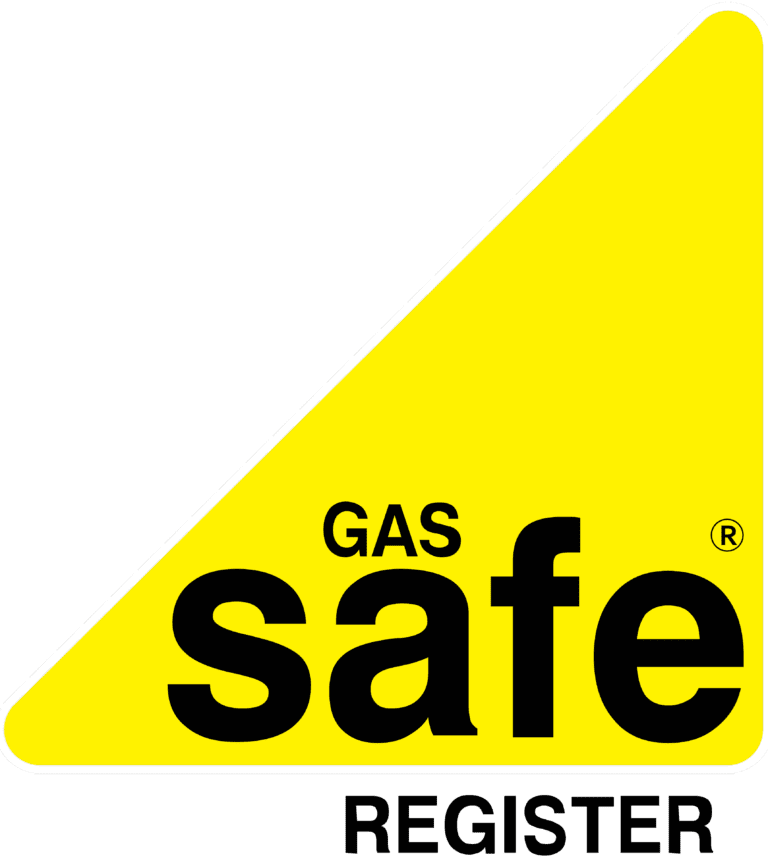Finding a trusted, local plumber with good reviews is essential for any homeowner. Whether you’re dealing with a leaky tap, a clogged drain, or a more complex plumbing issue, knowing you have a qualified professional to call can save you time, money, and stress. This guide will walk you through everything you need to know to find a local plumber who will get the job done right.
Article Outline:
- Why Hire a Local Plumber?
- Finding Plumbers Near You: Ask the Right Questions
- What to Look for in a Reliable Plumber
- Getting Quotes and Comparing Prices
- The Importance of Reviews and Recommendations
- Don’t Be Afraid to Ask Questions
- What Plumbing Services Do Plumbers Offer?
- Finding a Plumber for an Emergency
- Peace of Mind: Hiring a Licensed and Insured Plumber
- Keeping Your Plumbing Healthy: Preventative Maintenance
Detailed Breakdown:
1. Why Hire a Local Plumber?
There are several advantages to hiring a local plumber:
- Faster Response Times: Local plumbers are familiar with your area and can usually respond to your needs quicker than those based further away.
- Knowledge of Local Codes and Regulations: Local plumbers are up-to-date on the specific plumbing codes and regulations that apply to your area, ensuring your project complies.
- Supporting Local Businesses: Hiring a local plumber helps keep money circulating in your community and strengthens the local economy.
- Building Relationships: Having a local plumber you trust can be invaluable for future plumbing needs.
2. Finding Plumbers Near You: Ask the Right Questions
When searching for a plumber, start by asking yourself a few questions:
- What type of plumbing service do I need? Is it a simple fix or a more complex job?
- Is this an emergency? If it’s an urgent issue like a burst pipe, you’ll need a plumber who offers emergency services.
- What’s my budget? Get quotes from several plumbers to compare prices.
Once you’ve considered these factors, you can start your search. Here are some resources for finding local plumbers:
- Online directories: Look for plumbers in your area on websites like Google Maps, Yelp, or the Chartered Institute of Plumbing and Heating (https://www.ciphe.org.uk/).
- Ask for recommendations: Talk to friends, family, and neighbours for referrals.
- Check local business listings: Many local newspapers and magazines publish directories of plumbers and other tradespeople.
3. What to Look for in a Reliable Plumber
Here are some key qualities to look for when hiring a plumber:
- Licensing and Insurance: Make sure the plumber you hire is licensed and insured in your area. This protects you in case of any accidents or damage during the job.
- Experience: Choose a plumber with experience in handling the specific type of plumbing issue you’re facing.
- Good reputation: Read online reviews from local people.
- Clear communication: The plumber should be able to explain the problem in a way you understand and clearly outline the repairs needed and the associated costs.
- Professionalism: A reliable plumber will arrive within the allocated time and be courteous.
4. Getting Quotes and Comparing Prices
Once you’ve identified a few potential plumbers, get quotes from each one. Be sure to get the quotes in writing and ask about the following:
- The warranty on their work: Reputable plumbers will offer a warranty on their services for a specific period.
- Their availability: When can they start and complete the job?
Don’t simply choose the cheapest option. Consider the plumber’s experience, reputation, and the overall value they offer.
5. The Importance of Reviews and Recommendations
Reading online reviews from previous customers can give you valuable insights into a plumber’s work ethic, quality of service, and pricing. Additionally, recommendations from friends, family, and neighbours can be a great way to find a trustworthy plumber.
6. Don’t Be Afraid to Ask Questions
Don’t hesitate to ask the plumber questions about their experience, qualifications, and the proposed repair plan. A good plumber will be happy to answer your questions and ensure you understand the process.
7. What Plumbing Services Do Plumbers Offer?
Plumbers offer a wide range of services to keep your home’s plumbing system functioning smoothly. Here are some of the most common plumbing services:
- Leak Repair: Whether it’s a leaky tap, a dripping pipe under the sink, or a more complex leak behind a wall, plumbers can diagnose the source of the leak and repair it efficiently.
- Drain Cleaning: Clogged drains are a common household plumbing issue. Plumbers have the tools and expertise to clear clogged drains, from simple clogs to stubborn blockages deep within the system.
- Toilet Repair and Installation: From fixing a running toilet to installing a new one, plumbers can handle all your toilet-related needs.
- Fixture Installation and Repair: This includes taps, sinks, showerheads, bathtubs, and garbage disposals.
- Water Heater Installation and Repair: Plumbers can install new water heaters, service your existing heater, or diagnose and repair problems.
- Gas Line Installation and Repair: If you have gas appliances in your home, you’ll need a qualified plumber to handle any gas line work. They must be Gas Safe registered to ensure safe and compliant installations and repairs.
- Remodelling and New Construction Plumbing: Whether you’re renovating a bathroom or building a new home, plumbers are essential for installing the plumbing system.
In addition to these common services, many plumbers specialise in specific areas, such as:
- Drain line video inspection: Using a special camera, plumbers can inspect your drain lines to identify hidden clogs or damage.
- Sewer line repair and replacement: Sewer line issues can be complex and expensive. Hiring a qualified plumber with experience in sewer line work is crucial.
- Water filtration systems: Plumbers can install and maintain water filtration systems to improve the quality of your drinking water.
8. Finding a Plumber for an Emergency
Plumbing emergencies can happen at any time. If you’re dealing with a burst pipe, a major leak, or a clogged drain that’s causing sewage backup, you’ll need to find a plumber who offers emergency services. Here are some tips:
- Search online directories: Many online directories allow you to filter plumbers by those who offer emergency services.
- Ask your local plumber: Even if your regular plumber doesn’t offer emergency services, they may be able to recommend someone who does.
- Check with local plumbing companies: Many plumbing companies have plumbers on call 24/7 to handle emergencies.
Be prepared to pay a premium for emergency service. However, the cost of addressing an emergency plumbing issue quickly can outweigh the cost of waiting for regular service and potentially causing further damage.
9. Peace of Mind: Hiring a Licensed and Insured Plumber
When hiring a plumber, never skimp on qualifications and insurance. Here’s why:
- Licensing: A licensed plumber has met the necessary qualifications and passed exams to ensure they have the knowledge and skills to perform plumbing work safely and according to code.
- Insurance: Liability insurance protects you in case of any accidents or damage caused by the plumber during the job. Worker’s compensation insurance ensures the plumber and their employees are covered in case of injury.
Ask the plumber for proof of their license and insurance before hiring them.
10. Keeping Your Plumbing Healthy: Preventative Maintenance
Regular preventative maintenance can help prevent costly plumbing problems down the road. Here are some simple things you can do:
- Schedule annual inspections: A qualified plumber can inspect your plumbing system for potential problems and recommend preventative measures.
- Clean drains regularly: Pour baking soda and vinegar down your drains once a month to help prevent clogs.
- Avoid pouring grease down the drain: Grease can solidify and clog your drains. Dispose of grease properly in a trash can.
- Address small leaks promptly: Don’t ignore a small leak, as it can worsen over time and cause significant damage.
By following these tips, you can find a reliable local plumber who will keep your home’s plumbing system functioning smoothly for years to come.
In Summary:
- Look for local plumbers with experience in the specific service you need.
- Get quotes from several plumbers and compare prices before hiring one.
- Read online reviews and check for licensing and insurance.
- Don’t be afraid to ask questions and ensure you understand the proposed repairs and costs.
- Consider preventative maintenance to avoid future plumbing problems.
By following these steps, you can find a trusted plumber who will provide quality service and give you peace of mind.

